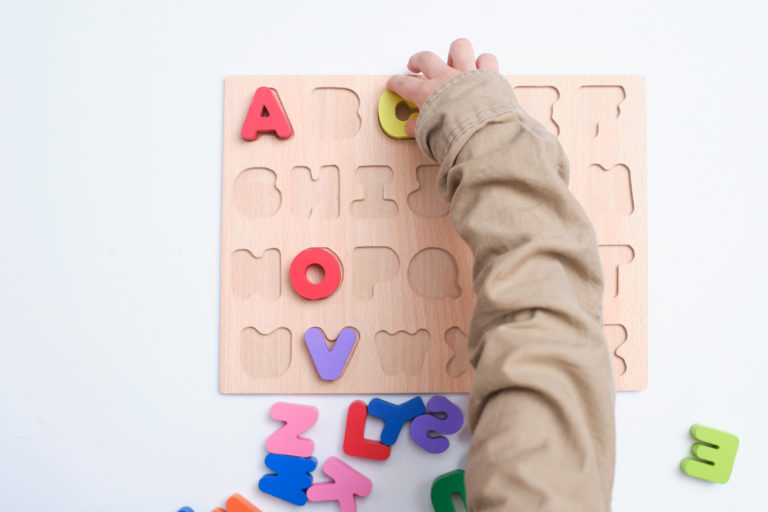Parent Tips
Common questions about promoting to Primary School: Experts answer for you

Source: Education expert, Chiu Wing Tak
Question: In the scoring system for enrolling in Primary One, how are twins scored? If the two have different personalities, should they choose to attend the same school for convenience?
Answer: Actually, there is a system in place for twins. There are two possibilities: both are accepted, or neither is accepted. If both are accepted, both children will receive an additional 5 points. It is not a matter of distinguishing between “older twin” or “younger twin.” If the two children have different personalities, it doesn’t matter. In the school I used to work at, we often admitted twins, and if their personalities were different, we would assign them to different classes.
Each class is taught by teachers with different personalities, who can cater to students with different personalities, so parents can rest assured. It’s not necessary to enroll them in two different schools, as it would be burdensome for parents. However, in the case of direct subsidized schools or private schools, extra caution is needed, as there may be situations where one child is accepted while the other is not.

Question: Is applying to 20 direct subsidized or private primary schools the minimum requirement?
Answer: This really depends on individual circumstances, and every parent’s situation is different. Some parents apply to many schools out of concern. The key factor is how many schools you actually interview with. If you plan to apply to 20 schools, scheduling conflicts can become quite severe. However, the most important thing is not to burden the child too much. If the child is suffering, it will also cause distress for the parents.
Another question is, why are you applying to 20 schools? Some parents claim it’s to let their child “warm up.” But actually, you don’t need to apply to 20 schools just to warm up. If you drive the car a few times, you can warm up, right? So there’s no need to apply to 20 schools; around 5 or 6 would be sufficient. Additionally, if a child has to attend multiple interviews, their performance will gradually decline because they will become tired and exhausted. When they start giving up or feeling unsuccessful, it can greatly impact their confidence.

Question: If the first-choice primary school’s first-round interview clashes with the second-round interview of the second-choice school, both of which are popular schools, and the second-choice school has a higher chance of acceptance with the second-round interview, it seems wasteful to give up the second-round interview after the child’s previous efforts. How should I make a choice?
Answer: Are both schools equally liked by the parent? If both schools are equally liked, then of course, choosing the second-round interview school would be the option. Because with the second-round interview, there is a high chance of proceeding to the third round and then getting accepted. If you don’t equally like both schools, even if you have a second-round interview, it won’t be useful. So the key point is whether you equally like both schools. If you really like the first-round interview school, I think you should choose that one because if you are accepted to a school you really like, you will definitely go there. So the choice should not be based on which round of the interview but rather on which school you like the most.
Question: Do prestigious primary schools consider parents’ backgrounds? Will they discount the child’s admission if the parents do not hold prominent positions?
Answer: If it is a government or subsidized school, there is actually no place to fill in the parents’ background. They only consider whether you have hereditary status, whether your scores are sufficient, and whether you are lucky enough. So government or subsidized schools do not consider parents’ backgrounds. But if you are applying to a private or direct subsidized schools, there may be opportunities for them to inquire about your background or require you to provide such information. In the past, many parents were concerned that they didn’t have prestigious occupations, or their positions were ordinary, and they wondered if the school would reject their child because of that.
In my opinion, many educators, even in prestigious schools, do not necessarily consider parents’ backgrounds. They truly focus on the child themselves, and some schools may not even interview the parents. Of course, there are some prestigious schools that are concerned about the family’s income or support, but it may not necessarily be related to the parents’ occupation. However, parents should not decide not to apply to those schools just because they do not hold prominent positions.









